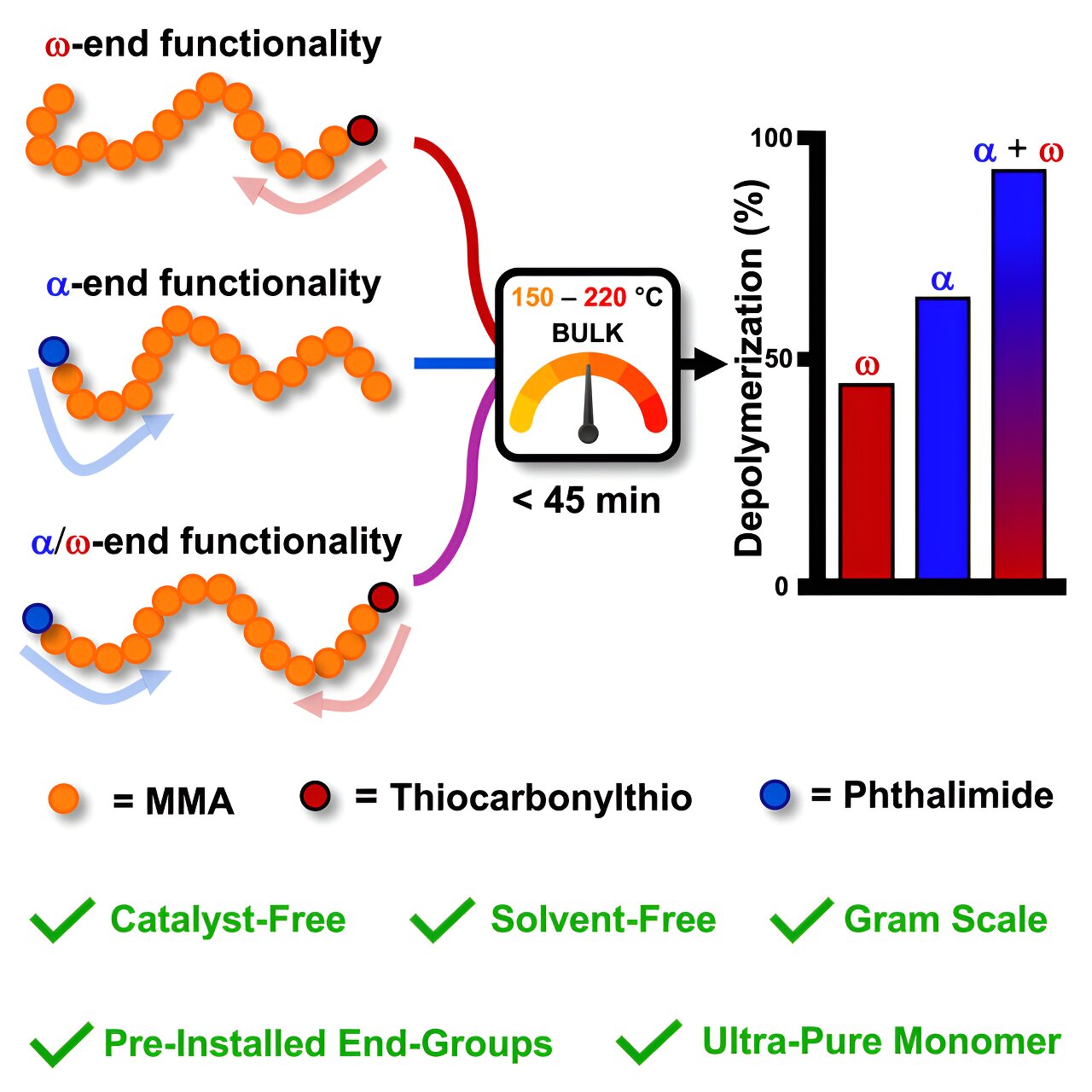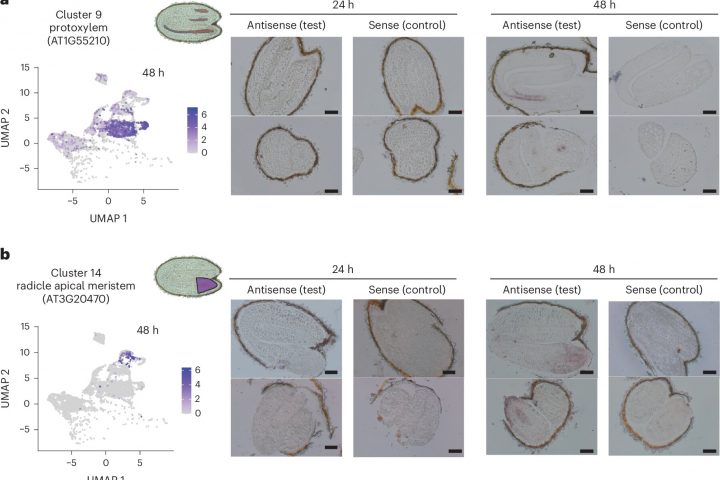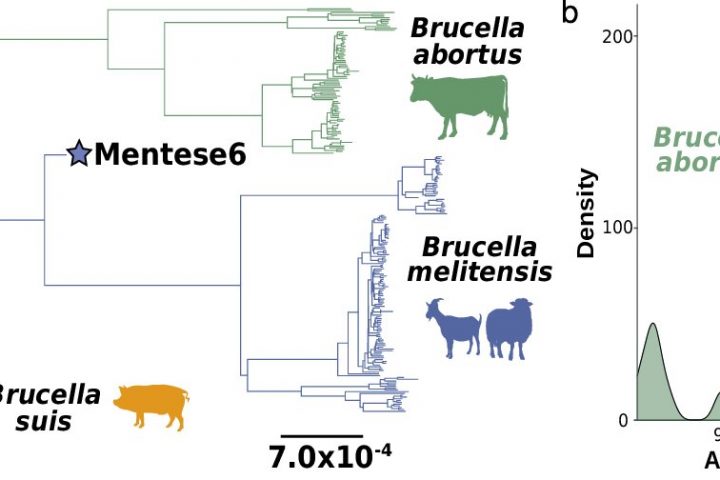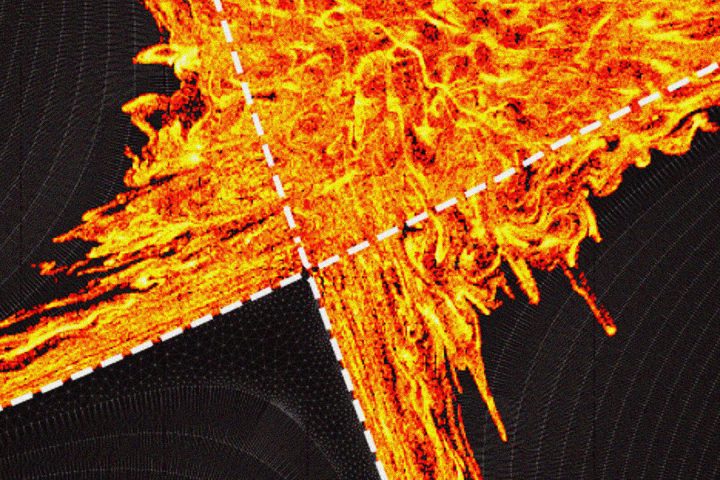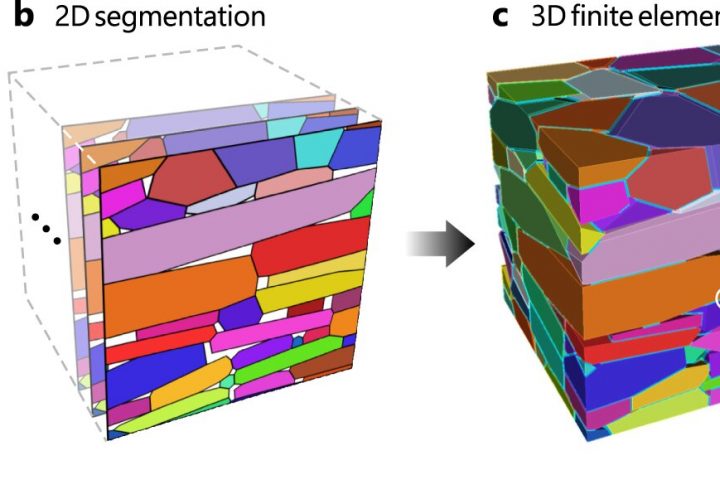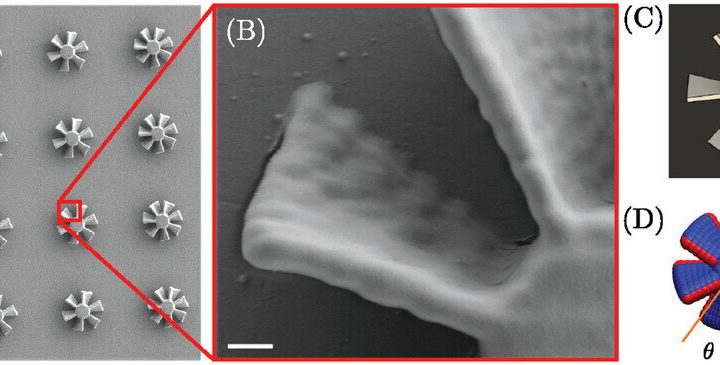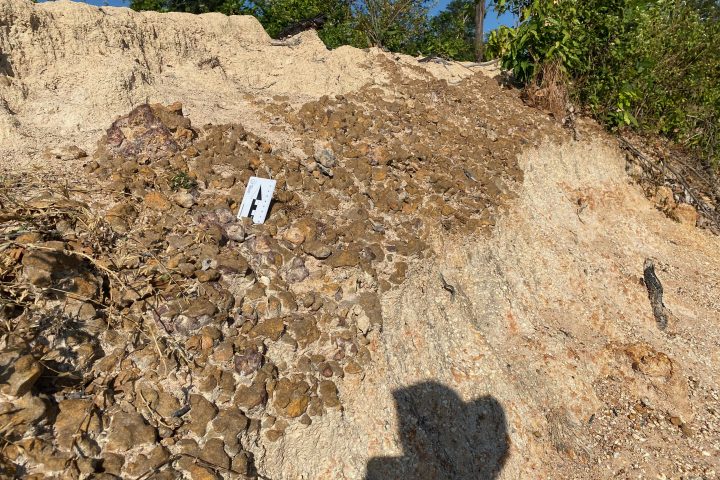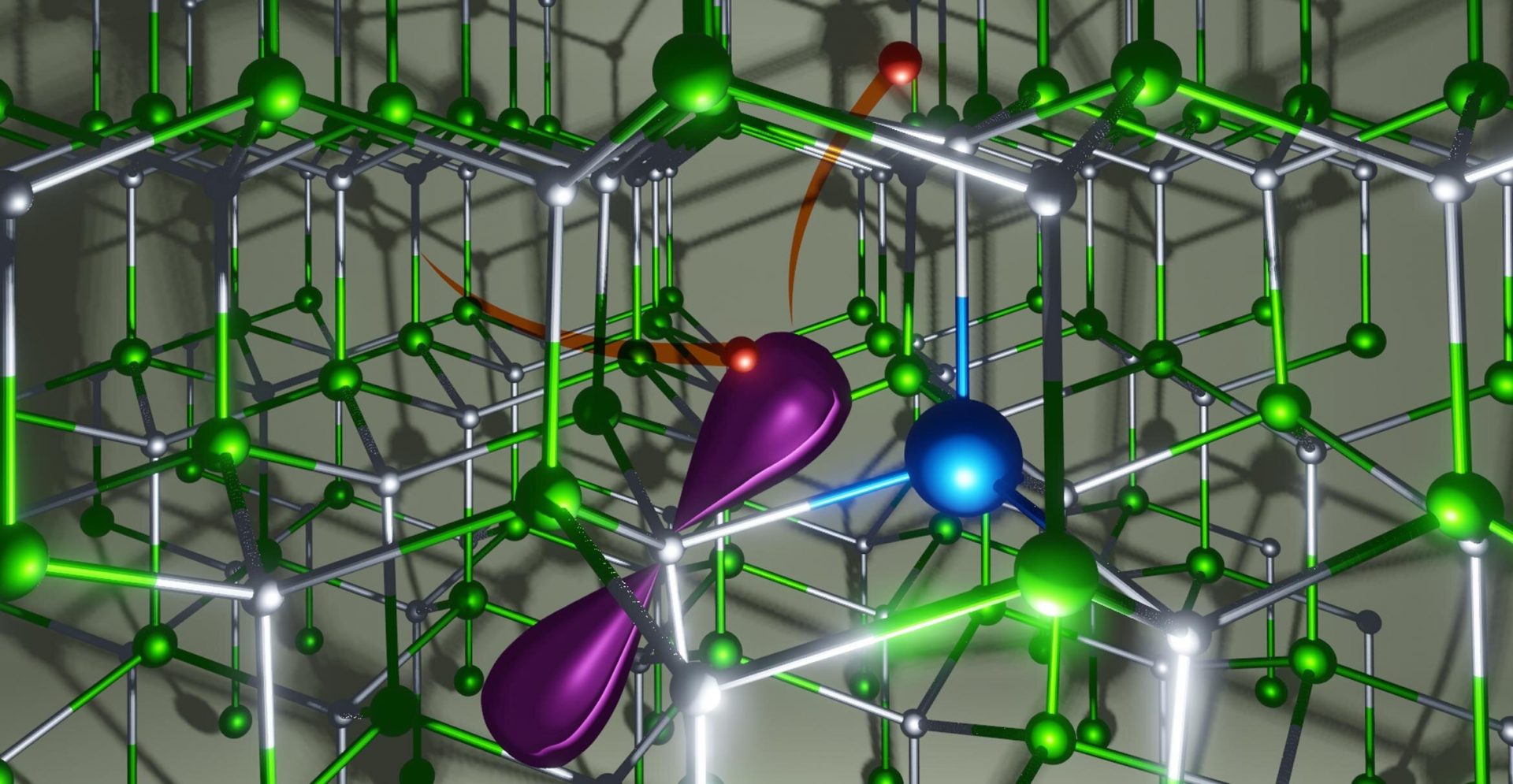A team of researchers led by Brent Sumerlin, the George B. Butler Professor in the University of Florida Department of Chemistry, has made a groundbreaking discovery that could revolutionize plastic recycling. Their innovative approach promises to lower energy requirements while maintaining the quality of the plastic.
It’s no secret that the U.S. and the Earth as a whole face a pressing plastic problem. Despite a significant increase in plastic usage, only about 10% of it is currently recycled.
“Our work is a response to the call to action proposed by the United Nations’ Sustainable Development Goals,” said Sumerlin. “New recycling strategies are crucial to reduce the negative impact of plastic on the environment.”
The plastic recycling process involves three key stages: collection, sorting, and reprocessing. Collection relies on individuals placing recyclables into designated bins, which are later picked up by recycling collectors. Sorting takes place at recycling plants, where workers organize the collected plastics to remove non-plastic materials and group similar plastics together for reprocessing.
Sumerlin’s team focused on the challenges faced in the final reprocessing stage, where the sorted plastics are typically broken down into smaller pieces before being melted and molded into new products. This often results in lower-quality recycled plastic due to the breakdown of polymer molecules.
Instead of the industry-standard thermal reprocessing, Sumerlin’s team explored a different approach called chemical recycling. Their experimental strategy induces depolymerization, reverting the polymers back to the smaller monomer molecules from which they were originally made. These monomers can then be used to create new polymers with similar or better properties than the original plastics.
While this approach has already proven to be industrially feasible, Sumerlin’s team of graduate students developed a new method that significantly reduces the energy required for depolymerization. This experimental work was led by graduate students James Young and Rhys Hughes.
“Not only does this allow for recycling with less energy, but it also enables access to higher-quality plastics,” said Sumerlin.
Polymer research at UF has gained significant attention in recent years, and Sumerlin and colleague Austin Evans plan to continue pushing the boundaries in this field. These groundbreaking discoveries are just the beginning of unlocking the full potential of polymers. Thanks to the efforts of Sumerlin and his team, the future of recycling is filled with possibilities, promising a greener and more sustainable tomorrow.
